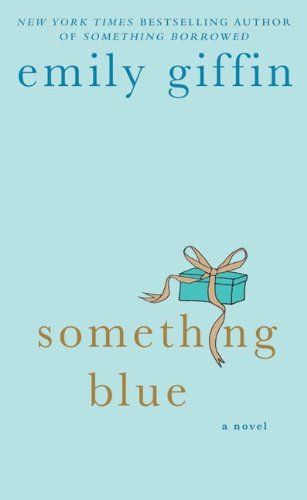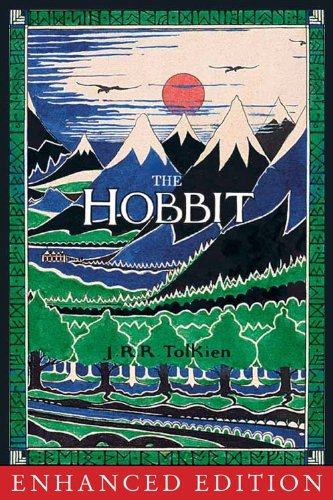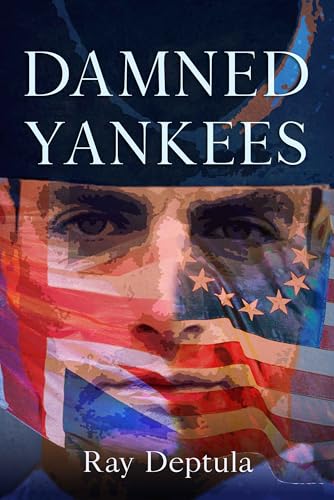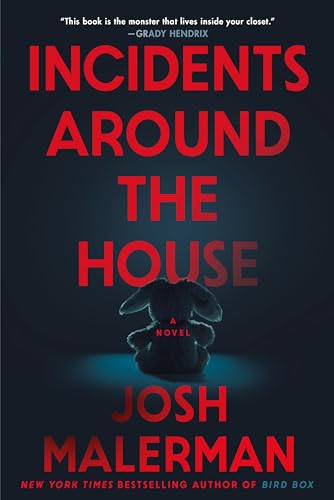-
Report: Texas Attorney General Probes Agency Model and Apple
-
Is the Agency Model a Clear Case of Price-Fixing Collusion? A Closer Look at the Possibility of Antitrust Action in the Courts
- the agency model, under which publishers mandate a non-discountable fixed price that retailers must charge to sell their ebooks; and
- so-called “most favored nation” (MFN) clauses under which publishers agree, as a condition of being allowed to sell their ebooks through Apple or Amazon, not to allow any competing retailer (including the other of the two just named) to sell any of those ebooks at a lower price than that set for Apple or Amazon.
“Amazon and Apple combined will likely command the greatest share of the retail e-book market, allowing their most-favored-nation clauses to effectively set the floor prices for the most popular e-books. Such agreements — especially when offered to two of the largest e-book retail competitors in the United States — threaten to encourage coordinated pricing and discourage discounting,” Blumenthal said.
Some readers and other bloggers have wondered why Blumenthal would be going after Amazon when we know that it was Apple and the publishers who initiated the agency model. My take is that an attorney general who just happens to be running for the U.S. Senate is trying to appear even-handed here, but it’s clearly Apple and the publishers who have something serious to lose — that something being an anti-competitive price-fixing scheme that props up ebook prices in order to (1) keep Apple in the game; (2) prop up hardcover sales; and (3) change public expectations about what constitutes a reasonable ebook price..
- As Amazon opens its UK Kindle store, the company has made it clear that there will be no agency model for ebooks in the UK, and the same will probably apply in any other European-based in-country Kindle stores.
- Amazon vice-president for Kindle Ian Freed provided information in a CNET interview published today that may undercut publisher’s hopes that Apple’s iBooks store could drive a serious wedge into Amazon’s market share for ebook content. Freed stated firmly that Amazon’s ebook content market share remains between 70 and 80 percent and suggested that claims of 20 per cent market share by Apple and Barnes and Noble should be subjected to “some more research.”
For more background on ebook pricing, see my recent ebook How to Price eBooks for the Kindle: A Pocket Pricing Guide for Authors and Publishers to Maximize Sales and Royalties with the New 70 Percent Royalty Option.













